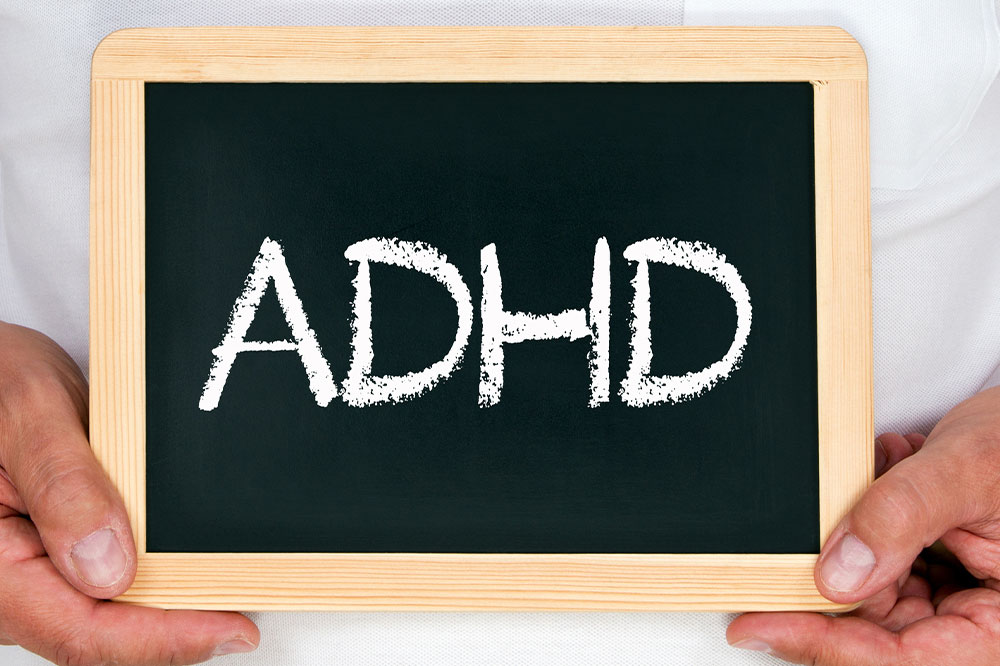Comprehensive Guide to Healing and Recovering After Trauma
This comprehensive guide explores effective strategies for healing after trauma, emphasizing patience, support, and practical steps to facilitate emotional recovery. It underscores the importance of acceptance, seeking support, establishing routines, and avoiding harmful habits. Combining professional help with personal efforts, victims can regain control and rebuild their lives after traumatic events. The article is suitable for those seeking holistic trauma recovery methods, whether facing personal challenges or supporting loved ones.

Comprehensive Strategies for Healing and Recovering After Trauma
Experiencing a traumatic event can be an overwhelming and life-altering experience. Whether it stems from serious accidents, devastating diagnoses, the loss of loved ones, violent encounters, abductions, or natural and man-made disasters, trauma leaves a profound impact on individuals. The aftermath often involves complex emotional reactions such as intense fear, anger, guilt, sadness, and feelings of loneliness. Physical symptoms frequently accompany these emotional responses, manifesting as fatigue, sleep disturbances, nausea, tremors, headaches, or loss of appetite. Navigating this challenging period demands patience, resilience, and a well-structured approach to healing.
Understanding that recovery is a gradual process is essential. Many people find it beneficial to seek professional support from mental health experts who specialize in trauma and recovery. Therapeutic interventions, counseling, and support programs can provide the necessary tools and emotional safety net during vulnerable times.
Apart from professional medical treatment, there are several practical tips and strategies that can facilitate recovery or assist loved ones in overcoming traumatic experiences. Implementing these methods can support emotional stability and promote a healthier transition towards resilience:
Acceptance of the Incident Recognizing and accepting the occurrence of trauma is a foundational step toward healing. It allows individuals to process their feelings without denial or suppression. Acceptance doesn't mean approval but acknowledging reality, which paves the way for emotional release and understanding. Grief, anger, or fear are natural responses. Allow yourself to experience these emotions fully, and consider engaging in expressive activities such as journaling, art, or conversations to facilitate emotional expression.
Seeking Social Support Connecting with trusted family members, friends, or support networks is crucial. Sharing your feelings and experiences with empathetic listeners can lessen feelings of isolation and foster emotional relief. Support systems also provide alternative perspectives, practical advice, and a sense of belonging, which are vital during recovery.
Regaining Control Trauma often disrupts your sense of purpose and daily routines. Establishing small, manageable routines can help re-establish a sense of normalcy. Whether it's a daily walk, maintaining personal hygiene, or setting small goals, these actions reinforce a feeling of control and progression.
Joining Support Groups Participating in support groups composed of individuals who have experienced similar trauma can be incredibly beneficial. Sharing stories, listening to others' journeys, and receiving mutual support can foster trust, reduce feelings of alienation, and promote emotional healing. Often, hearing that others understand what you're going through can diminish stigma and encourage ongoing recovery.
Avoiding Substance Abuse Turning to alcohol or drugs as coping mechanisms can seem like a temporary relief but ultimately hampers recovery. Substance abuse impairs judgment, worsens mental health, and delays healing. Seek healthier coping strategies and professional assistance if needed to manage cravings or dependency issues.
Delaying Major Decisions Trauma can cloud judgment, leading to impulsive or rash life decisions. Allow yourself sufficient time to process your emotions before making significant choices about career, relationships, or relocations. Patience and self-reflection are key in avoiding regret and ensuring decisions align with your healing progress.
In addition to these strategies, engaging in physical activity, practicing mindfulness, meditation, or yoga can improve emotional resilience and reduce stress. Maintaining a balanced diet and ensuring adequate sleep are fundamental to supporting mental health during recovery. Remember, healing from trauma is a personal journey—be gentle with yourself, seek appropriate support, and recognize that progress may take time. With perseverance and the right resources, recovery and renewed emotional strength are entirely attainable.





